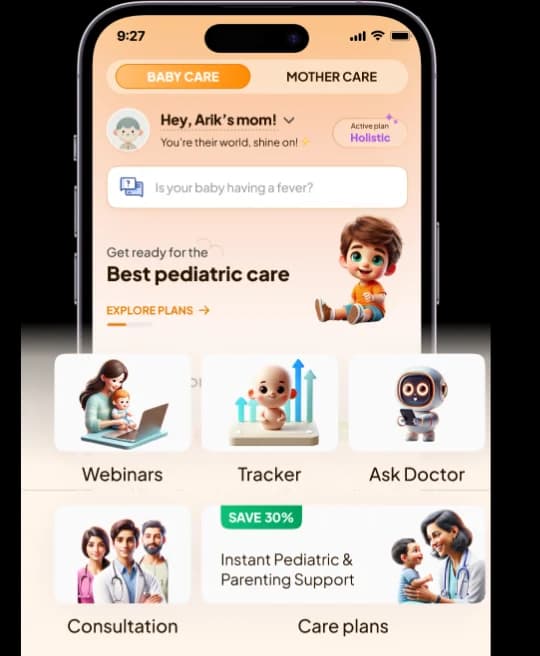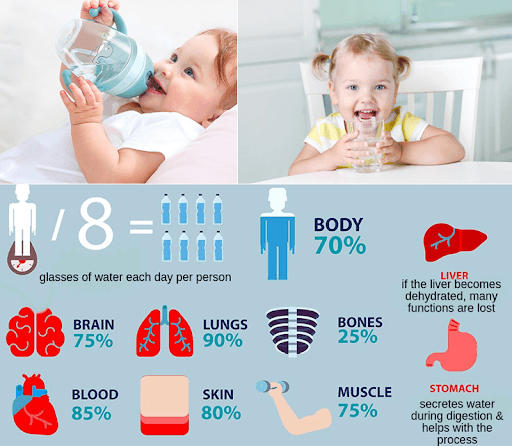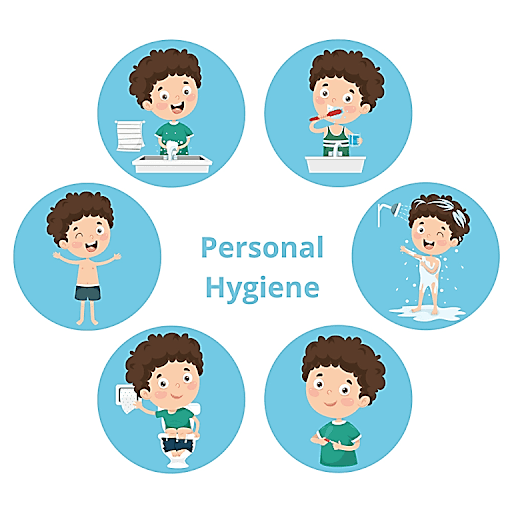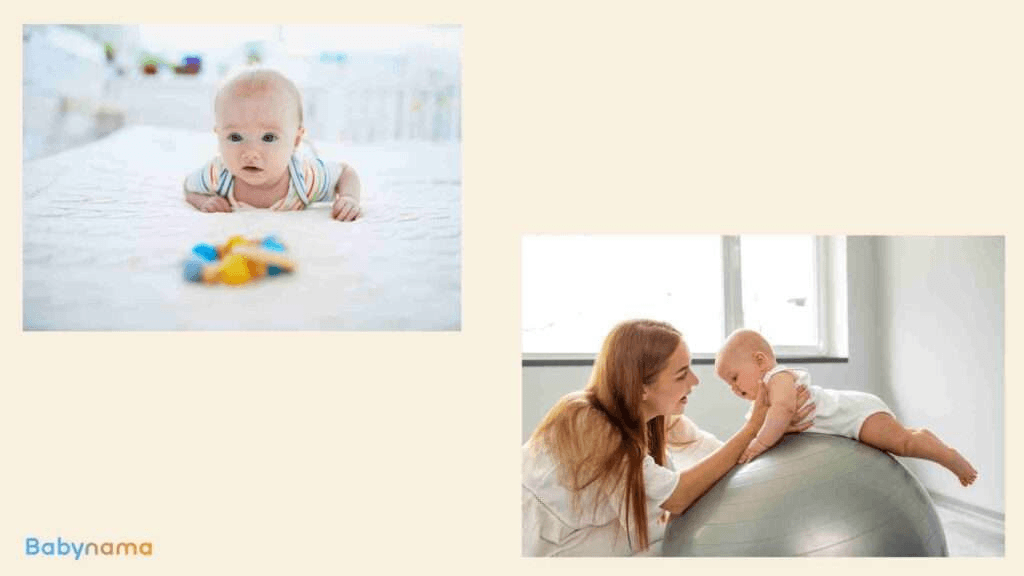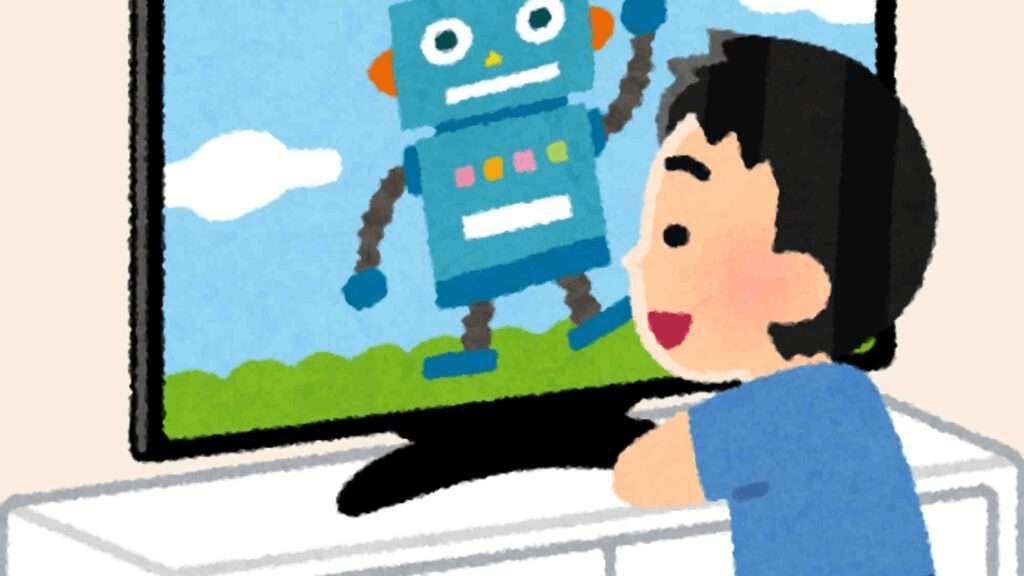
Caring for an infant's delicate skin and hair requires careful attention, especially when it comes to using shampoo. Here’s a simple guide to help you navigate the process while ensuring your baby’s scalp and hair remain healthy and clean.
Choosing the Right Shampoo
When selecting a shampoo for your infant, opt for a gentle, tear-free formula that is specifically designed for babies. Look for products that are free from harsh chemicals, fragrances, and dyes, as these can irritate your baby's sensitive scalp and skin. Natural and organic baby shampoos are also great options, as they typically contain fewer synthetic ingredients.
How Often to Shampoo an Infant’s Hair
Unlike adults, infants don’t need to have their hair washed daily. In fact, over-washing can strip their scalp of natural oils, leading to dryness and irritation. Here’s a general guide on how often to shampoo your baby’s hair:
- Newborns (0-3 months): For newborns, shampooing alternate days is usually sufficient. Their hair doesn’t get oily or dirty as quickly as older children or adults. Simply rinsing with water on non-shampoo days can keep their scalp fresh.
- Infants (3-12 months): As your baby grows and begins to eat solids or engage in more active play, you may want to shampoo their hair two to three times a week. This frequency helps remove any food, sweat, or other residues that might accumulate.
- Toddlers (12 months and up): Once your child reaches toddlerhood, you can continue shampooing two to three times a week, depending on how dirty their hair gets. If they have more hair or are particularly active, you might consider washing their hair more frequently.

Steps for Shampooing an Infant’s Hair
Prepare the Bath: Before bringing your baby to the bath, make sure you have everything you need within arm’s reach—shampoo, a cup for rinsing, a soft washcloth, and a towel.
Wet the Hair: Gently pour warm water over your baby’s head using a cup or your hand. Ensure the water temperature is comfortable, and avoid getting water in your baby’s eyes.
Squeeze a small amount of shampoo (about the size of a dime) into your hand and gently massage it into your baby’s scalp. Use your fingertips to create a lather, being careful not to rub too hard.
